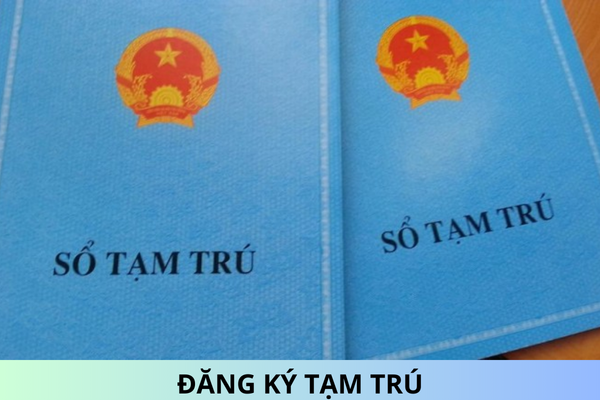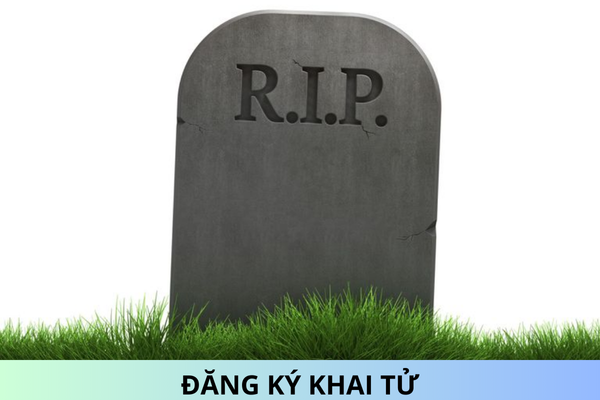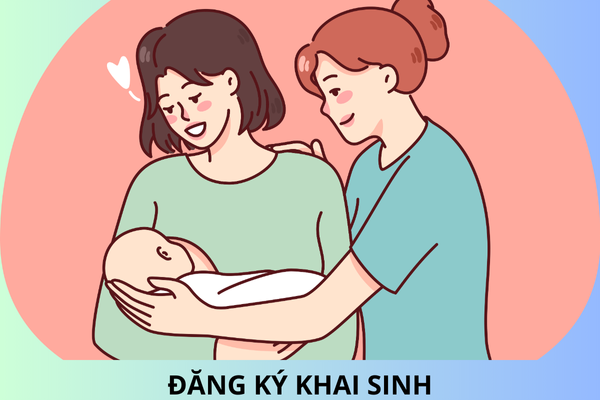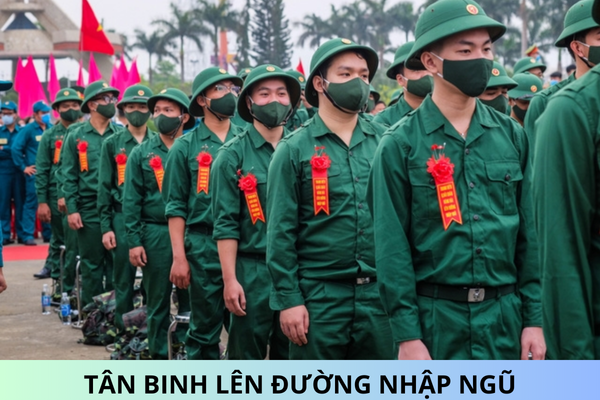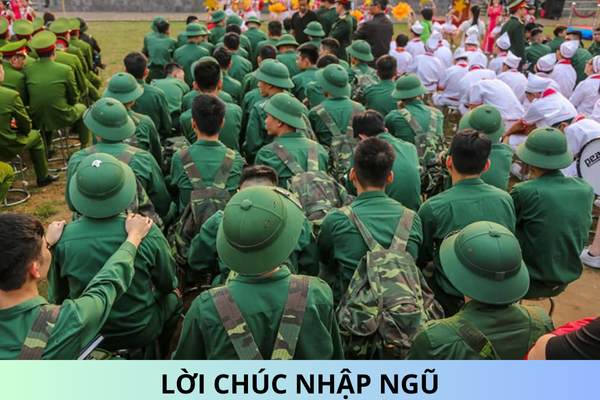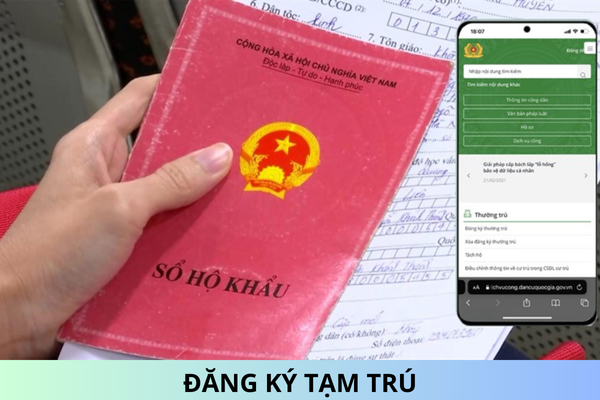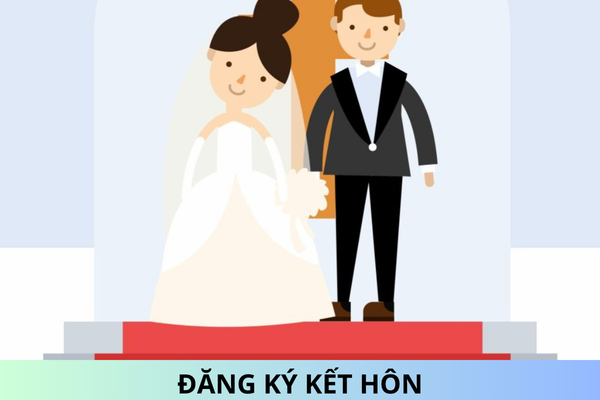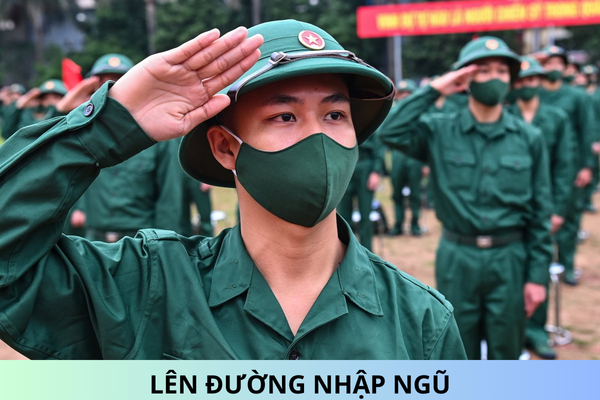Is it possible to change name in Vietnam because the fortune teller said it doesn't match? Is it possible to change name of a born child in Vietnam?
Is it possible to change name in Vietnam because the fortune teller said it doesn't match? Is it possible to change name of a born child in Vietnam? Is it possible to give my baby a foreign language name in Vietnam?
Is it possible to change name in Vietnam because the fortune teller said it doesn't match?
My daughter went to see a fortune teller, when she returned, she insisted on changing the middle letter of her name, because hearing fortune teller said that the middle part of her name would hinder her business and make it difficult to prosper. My daughter is over 20 years old, is it allowed to change her middle name and what agency will do this? With previous documents such as high school diploma, university ... what will I have to do to ensure consistency?
Reply:
Article 27 and Article 28 of the 2015 Civil Code provide for the right to change the name of an individual in certain cases.
In addition, according to Clause 1, Article 26 of the Law on Civil Status 2014 also stipulates that change of family name, middle name and first name of individuals in birth registration contents when there are grounds as prescribed by the civil law.
Pursuant to Article 6 of Decree 123/2015/ND-CP stipulating: “A birth certificate is an original civil status document of an individual”.
So, if your child changes the middle name, it means that your child has to change the birth certificate and all other documents related to your child's identity and the change of last name, middle name, first name is a must. There is a good reason that cannot be based on the words of the fortune teller. Your child needs to find a more convincing reason to prove that the use of a middle name can affect her honor, rights and legitimate interests before a competent authority can change her surname and name in Vietnam.
Name change shall be effected by the civil status change registration procedure specified in Clause 1, Article 47 of the 2014 Law on Civil Status, specifically as follows:
1. The procedures for registering civil status change and correction must comply with Article 28 of this Law.
In case of request for ethnicity re-determination, there must be proving papers as prescribed by law; the order must comply with Article 28 of this Law.
Article 28. Procedures for registration of civil status change and correction
1. Requesters for registration of civil status change or correction shall submit declarations, made according to a set form, and relevant papers to the civil status registration agency.
2. Within 3 working days after receiving complete papers specified in Clause 1 of this Article, if seeing that the civil status change or correction is proper and compliant with civil and relevant laws, the justice and civil status officer shall record such change or correction in the civil status book and together with the registration requester sign in the civil status book, and report to the chairperson of the commune-level People's Committee to issue an extract to the requester.
In case of civil status change or correction related to birth certificates or marriage certificates, the justice and civil status officer shall record the change or correction content in these certificates.
In case of necessity to verify, the time limit may be prolonged for no more than 3 working days.
3. In case of registering civil status change or correction not at previous places of civil status registration, commune-level People's Committees shall issue written notices together with civil status extract copies to People's Committees of previous places of civil status registration for recording in the civil status book.
In case the previous place of civil status registration is a representative mission, the commune-level People's Committee shall issue written notices together with civil status extract copies to the Ministry of Foreign Affairs for forwarding to the representative mission for recording in the civil status book.
Dossier for registration of change of name and surname include:
- Declaration (according to the form).
- The original birth certificate of the person who changed the name and surname.
- Relevant documents as a basis for the change of name and surname.
In case of change of surname or name for a person aged full 14 years or older, the application shall be submitted to the People's Committee of the district where such person resides and has previously registered his/her civil status.
After a competent agency's decision to permit the change of name and surname is issued, based on that, procedures for changing the new name in other relevant papers can be carried out based on that.
Changing an individual's name does not change or terminate the civil rights and obligations established under the old name.
Above is the content of our advice on the issue that you have questions about.

Is it possible to change name of a born child in Vietnam?
I need advice on the following. On May 24, 2019, my wife and I gave birth to a baby girl. On July 21, 2019, the grandfather went to apply for birth registeration to his grandson. So, is there a way to give birth to a different name than the one he applied for birth registeration before? Because my husband and I don't like that name. I would like to thank!
Reply:
According to the provisions of Article 15 of the Law on civil status 2014, it is stipulated that within 60 days after the birth of their child, the father or mother shall register the child’s birth; if the parents are unable to register their child’s birth, the grandfather or grandmother or another relative or the individual or organization that is nurturing the child shall register his/her birth.
Article 28 of the 2015 Civil Code stipulates the right to change names:
1. An individual has the right to request a competent authority to recognize the change of a given name in any of the following cases:
a) Where it is so requested by the person who has a given name which causes confusion or has an adverse effect on his/her feelings or on his/her honor, legitimate rights and interests;
c) Where the adoptive father or mother of the person wishes to change the given name of their adopted child; of if a person ceases to be an adopted child and such person or his/her biological father or mother request to reclaim the given name which is given by the biological father or mother;
d) Changing the given name of a person whose biological parents have been identified upon the request on that father or mother or such person;
dd) Changing the given name of a lost person who has discovered the origin of his/her bloodline;
dd) Change the given name of a person to his/her spouse’s in the marriage and family relations involving foreign elements in accordance with law of the country in which the foreign spouse is a citizen retrieves his/her family name before the change;
e) Changing of given name of a person whose gender identity is re-determined or a transgender person;
g) Other cases prescribed in by law on civil status affairs.
2. The changing of the given name of a person who is nine years of age or older shall be subject to the consent of such person.
3. The changing of a given name shall not change or terminate the civil rights and obligations which were established in the former given name.
Thus, in addition to parents, grandparents also have right to register the birth of their grandchildren in Vietnam. According to the presentation, the grandparents have registered the birth and you and your wife do not like this name, now want to change it to another name, but this reason does not fall into the grounds to change the name for the child under Article 28 of the Civil Code 2015. Therefore, in our opinion, this change is very difficult to implement.
Is it possible to give my baby a foreign language name in Vietnam?
I have a question related to naming the birth of a baby. My friend is Vietnamese, married to a Korean, both are living in Japan. When registering the birth to obtain Vietnamese citizenship for the child, named Lee Haru, the Vietnamese consulate did not accept it, requiring that the child be given a Vietnamese name. I want to ask if it is still valid to keep the Korean father's surname, Lee, and the Vietnamese name. For example, reset to Lee Ha Ru. Thank you and look forward to hearing from you.
Reply:
According to Clause 3, Article 26 of the 2015 Civil Code: “The name of each Vietnamese citizen must be in Vietnamese or other ethnic minority languages of Vietnam and not include any figure or any symbol other than a letter.”
Thus, the name of a Vietnamese citizen must be in Vietnamese or another ethnic language of Vietnam. In your case, we advise as follows:
- In case your friend makes a birth certificate for your child in Vietnam and chooses Vietnamese nationality:
According to Article 16 of the 2008 Nationality Law: “A child either of whose parents is a Vietnamese citizen at the time of his/her birth and the other is a foreign national has the Vietnamese nationality if so agreed in writing by his/her parents at the time of birth registration. In case a child is born in the Vietnamese territory but his/her parents fail to reach an agreement on the selection of his/her nationality, the child has Vietnamese nationality.
Your friend's child was born in Japan and has a Vietnamese mother and a Korean father. Therefore, your friend's husband and wife must agree on the choice of nationality for their children. In case of agreement, your friend's child has Vietnamese nationality. At that time, the naming of the child will be according to the provisions of the Civil Code 2015, ie the name must be in Vietnamese, your friend is not allowed to name the child with a middle name in a foreign language.
- In case your husband and wife agree on the selection of a child who is a foreign nationality (it is necessary to make a written agreement certified by the competent state agency of the foreign country of which the person is a citizen on the selection of a foreign nationality for the child is in accordance with the laws of that country).
At that time, her friend's child was Korean (foreign), her friend's name was not a Vietnamese citizen's name, so she could name her child in Korean (foreign).
Above is the content of our consultation for your support request.
Best regards!
